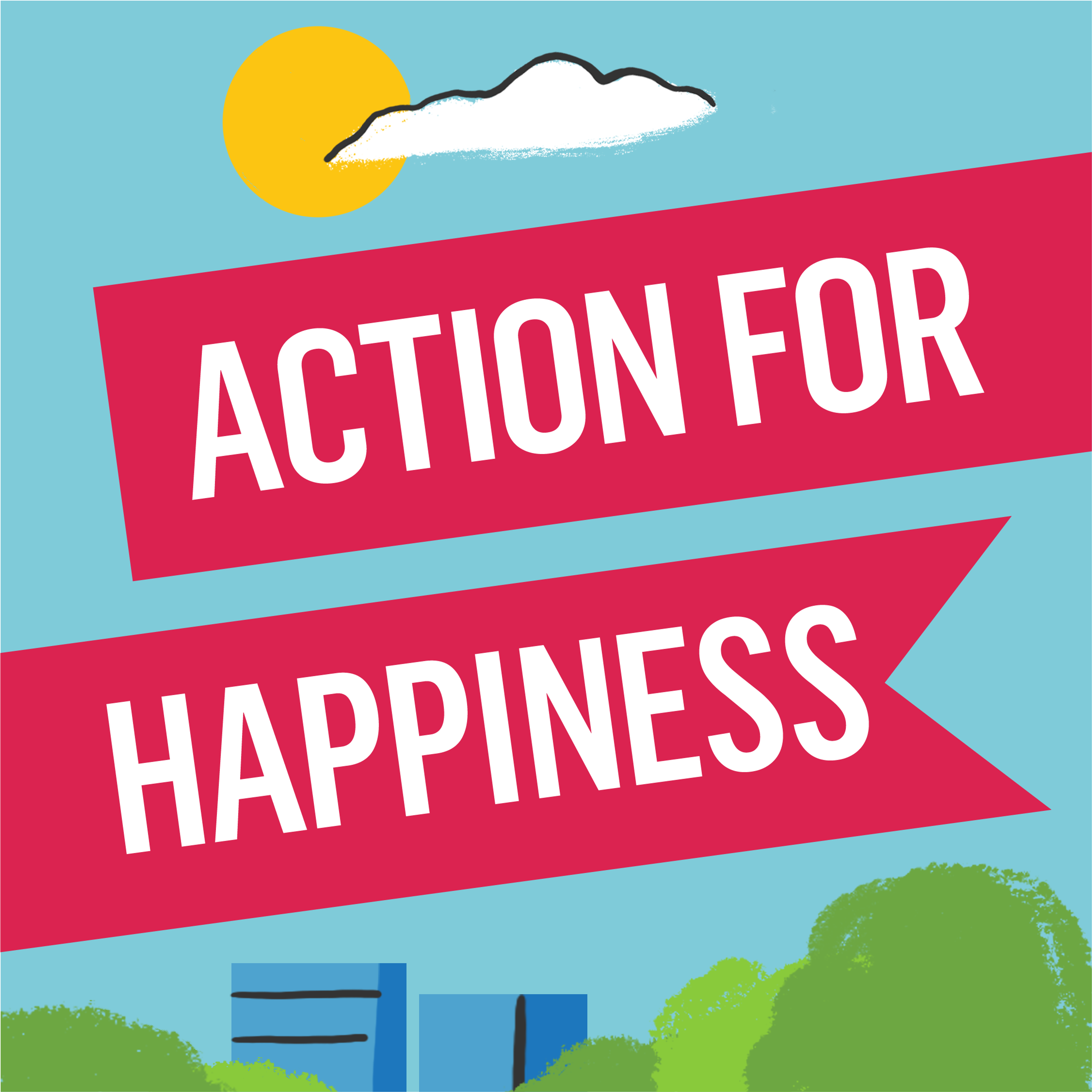
Action for Happiness
Wellbeing Programs
Action for Happiness's wellbeing programs foster global wellbeing and happiness by offering evidence-based happiness tools and fostering supportive social networks.
What problem is Action for Happiness working on?
Action for Happiness was founded in 2010 to promote the idea that we can uplift the quality of life in our societies if we each make happiness our primary goal.
Action for happiness believes that building mass awareness of the scientific knowledge of happiness can change how we approach our personal lives, how we bring up our children, how we behave at work, and how public policy is made. And it can help us act in a way that considers the happiness of future generations, as well as our own.
What does Action for Happiness do?
The mission of Action for Happiness is to promote a happier world through a culture that prioritises happiness and kindness. It aims to help as many people as possible take action regularly to increase wellbeing, both for themselves and crucially for others too.
Action for Happiness’s work prioritises Agency (helping people to take action) and Altruism (encouraging prosocial behaviours). It is underpinned by the evidence-based 10 Keys to Happier Living framework, which is backed by hundreds of research studies.
Specifically, Action for Happiness:
- Provides daily actions people can take through its popular app and monthly calendars, which have been used by millions of people.
- Provides a free 10-day online program which has been completed by over 150,000 people.
- Coordinates local groups where members meet to talk about happiness and commit to action.
- Runs a course that has been offered in over 900 locations and attended by many thousands. An independent randomised controlled trial of the course was carried out by academics from Oxford University, London School of Economics, and Imperial College, and found that it enhanced overall wellbeing, reduced symptoms of anxiety and depression, and increased compassion and social trust.
- Trains and supports volunteers to run groups and courses in their local communities.
- Hosts live talks with leading thinkers on happiness, wellbeing. and mental health, which have had over 450,000 attendees.
- Provides resources for schools & young people and training for workplaces.
What information does Giving What We Can have about the cost-effectiveness of Action for Happiness?1.
Founders Pledge conducted an evaluation of Action for Happiness highlighting its cost-effectiveness.
At Giving What We Can, we focus on the effectiveness of an organisation's work -- what the organisation is actually doing and whether their programs are making a big difference. Some others in the charity recommendation space focus instead on the ratio of admin costs to program spending, part of what we’ve termed the “overhead myth.” See why overhead isn’t the full story and learn more about our approach to charity evaluation.